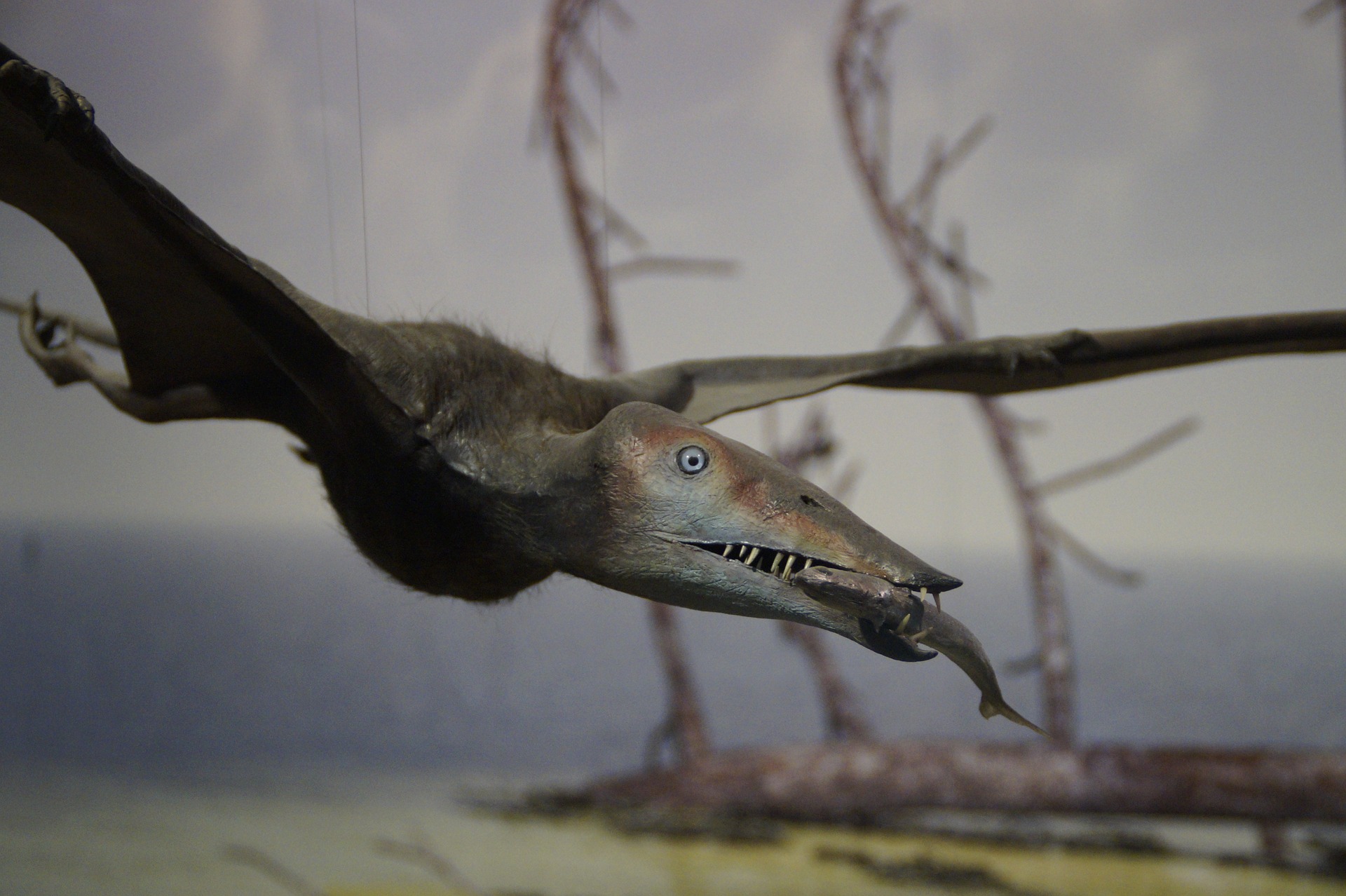Media release
From:
The Royal Society
Two emetolite-pterosaur associations from the Late Jurassic of China: showing the first evidence for antiperistalsis in pterosaurs
The first fossil evidence has been uncovered that pterosaurs, winged reptiles which lived alongside dinosaurs, regurgitated indigestible food. Researchers studied two fossils of the pterosaur, Kunpengopterus sinensis, alongside fossilised gastric pellets. The pterosaurs probably vomited the pellets, containing the scales of an unnamed fish, in a similar way to modern-day birds, indicating the presence of two-part stomachs and efficient antiperistalsis, the authors said.
Journal/
conference:
Philosophical Transactions of the Royal Society B
Organisation/s:
Chinese Academy of Sciences, China
Funder:
This study was supported by the Strategic Priority Research
Program (B) of Chinese Academy of Sciences (grant nos.
XDB26000000, XDB18000000), the National Natural Science Foundation
of China (grant nos. 42072028, 42072017, 41602011 and
41688103) and the Youth Innovation Promotion Association of Chinese
Academy of Sciences (2019075). Xiaoli Wang thanks the
Taishan Scholar Program, X.C. acknowledges funding from the Fundacão
Cearense de Apoio ao Desenvolvimento Científico e
Tecnológico (FUNCAP no DCR-0024-02039.01.00/), and A.W.A.K
thanks the Fundação Carlos Chagas Filho de Amparo à Pesquisa
do Estado do Rio de Janeiro (FAPERJ # E-26/202.905/2018) and
the Conselho Nacional de Desenvolvimento Científico e Tecnológico
(CNPq # 313461/2018-0) for funding.






 International
International


